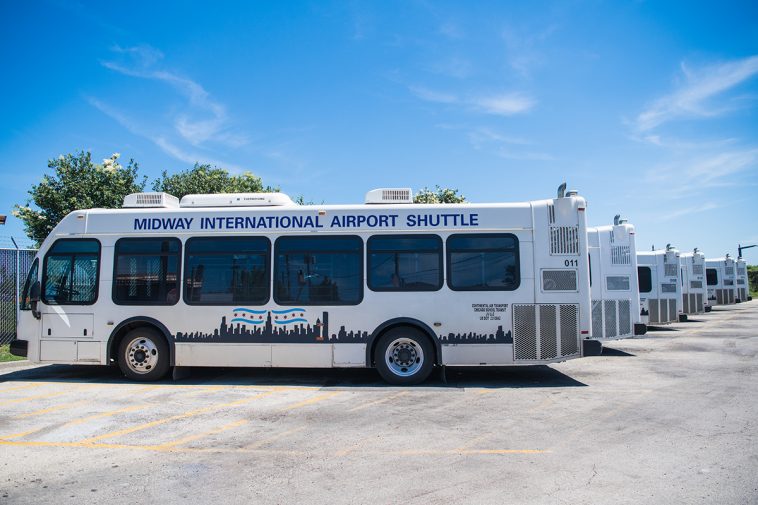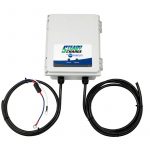Powering fleets efficiently and economically is top priority for the transportation industry. That’s why partners across the Chicago area join in a special event to educate the industry on biodiesel, a renewable and cost-saving fuel that is a cleaner-burning alternative to traditional diesel fuels.
On July 17, Chicago Area Clean Cities (CACC) and the B20 Club will jointly host Truck Stop Coffee Talk: The Truth about Biodiesel in Bolingbrook, Illinois. This comprehensive program dives into the health, environmental, and performance advantages of biodiesel-blended fuels as an alternative to traditional diesel fuels. A renewable fuel, biodiesel releases fewer emissions of harmful pollutants, ultimately reducing the risk of asthma and other respiratory diseases. It also reduces greenhouse gases by up to 86%.
To learn more about biodiesel, attendees will gather July 17 at the Greater Chicago I-55 Truck Plaza in Bolingbrook, which offers biodiesel as a premium fuel blend. Registration is free and open to Chicago-area fleet managers, fuel providers, and sustainability directors.
Event sponsors are Chicago Area Clean Cities, the B20 Club, and the Greater Chicago I-55 Truck Plaza. CACC is a designated U.S. Department of Energy Clean Cities Coalition. The B20 Club is a partnership of the Illinois Soybean Association (ISA) and American Lung Association that recognizes Illinois fleets operating on biodiesel blends of B20 or greater.
“Chicago Area Clean Cities works with a variety of transportation industry leaders, government officials, and community members to promote the use of domestic fuels like biodiesel,” John Walton, chair of CACC, says. “Alongside the B20 Club, we’re dedicated to implementing sustainable and more environmentally friendly fuels throughout Illinois, saving energy, saving money, promoting the use of domestic fuels, and providing Illinois residents with clean air.”
BIODIESEL EDUCATION
During the event, Chicago-area fleets will share their experiences using biodiesel blends of B20 (20% biodiesel and 80% diesel) or greater, including best practices for using biodiesel in temperatures as low as 20 below zero. The program features a panel discussion with the Chicago Park District, National Biodiesel Board, and Optimus Technologies about a bi-fuel system that allows the Park District to operate two refuse haulers on 100% biodiesel year-round.
“Biodiesel is a renewable fuel made from soybeans. Since Illinois is the largest producer of soybeans in the United States, we’re excited to help bring this biodiesel educational program to the Chicago area,” Rebecca Richardson, ISA biodiesel lead, says.
Find out more about biodiesel, visit www.biodieseladvantage.com.




